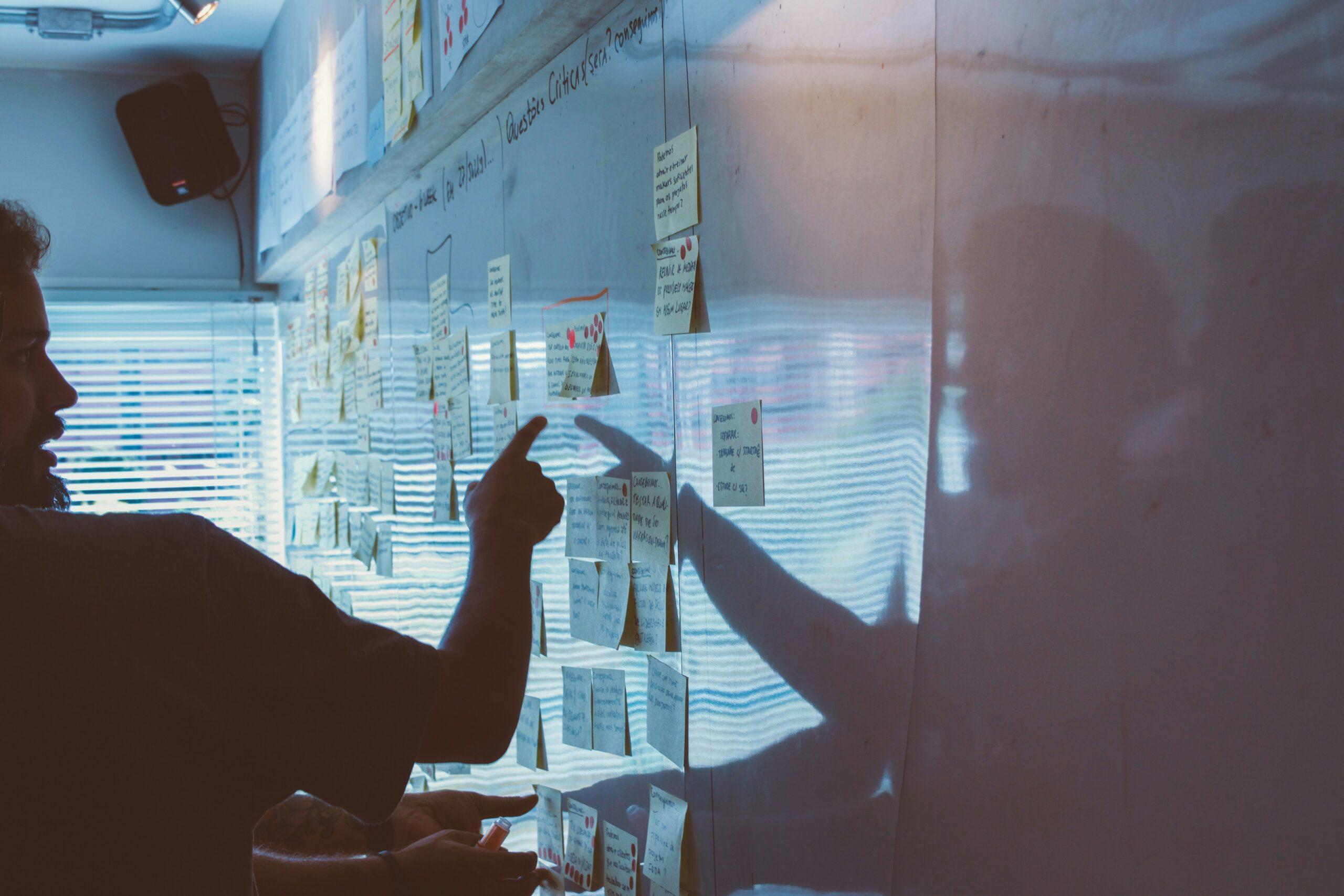Learning How To Differentiate Forgiveness As An Adult

So many things change your perspective as an adult; the joys of the unknown are revealed, and life suddenly becomes real and not as pleasant as you once viewed it. Suddenly, you’re losing friends, reevaluating your heroes, and establishing boundaries for your emotional well-being.
Forgiveness is something that people either believe in or don’t – there’s no in-between. However, let’s explore how quickly we forgave as kids versus now as adults. So many things come into play as adults that getting over incidents make it difficult to brush past certain betrayals.

What Is Forgiveness In Adulthood?
“Forgiveness in adulthood isn’t about pretending something didn’t hurt,” said Arati Patel Licensed Marriage & Family Therapist, Mindfulness-Based Psychotherapist. “It’s about choosing peace without abandoning yourself. Real forgiveness is an act of release, freeing the hold that resentment or pain has on you, not excusing or minimizing what happened. It allows us to soften our hearts while still holding boundaries. True forgiveness honors your healing process and recognizes that peace doesn’t always include reconciliation.”
With the immense amount of emotion that we carry as adults, forgiveness isn’t as easily acceptable as it once was as a child. There are factors to consider such as the person’s intent in the act, their morals, their value in your life, and so much more.
What Does Forgiveness Look Like In The Eyes Of A Child?
“As a child, we were forced to say, ‘I’m sorry,’ regardless of how we felt or what we were thinking,” said LaShawn McCrary, Author & Conscious Relationship Coach. We were told to do it with the implication of “it’s the right thing to do.”
“If you were on the receiving end, you were expected to accept the apology, drop the subject immediately, and move on,” LaShawn said. “In either case, no explanation or instructions were given on how to process your emotions and release the pain that was caused; and we most certainly were not given a list of the benefits of forgiveness.”

As A Woman, Navigating Forgiveness Looks Different
“Women struggle with all the parts of harm, repair, processing said harm, and then even often the aftermath,” said Sarah Blunkosky, M.A., integrative education coach, yoga therapist, and academic historian. “Some never want to consider forgiveness. Others try to skip it all and go straight to forgiveness.”
With such harm against women, forgiveness can be a possibility that somehow if I can forgive it won’t hurt as much or it will stop hurting all together – like if forgiveness is the magic bean, it can grow the beanstalk to alleviating the suffering right? Forgiveness is often the promised release, the letting go of the weight of it, etc. It is not something that can be neatly packaged into a gift box, labeled “return suffering to sender or offender.”
Forgiveness Isn’t The Same As Reconciliation Or Letting Go
Jessica Plonchak, LCSW and the Executive Clinical Director at Choice Point Health said forgiveness, reconciliation and letting go have quite different emotional meanings.
Forgiveness is the release of holding resentment in order to disassociate your emotions from the pain caused, she said. You practice forgiveness for your own mental peace, not others.
Reconciliation is between two people rebuilding trust and repairing their relationship after a preferred change has taken place, she said.
Lastly, letting go is a simple detachment process without any emotional work, she said. It’s about accepting that the apology might not come and you choose to end the matter for peace over resolution.
Additionally Jessica believes that the risk of emotional burnout increases when we blur these different emotions while believing that forgiveness should come with reconciliation. “It’s like touching the wound again and again and not letting it heal completely,” said Jessica.






